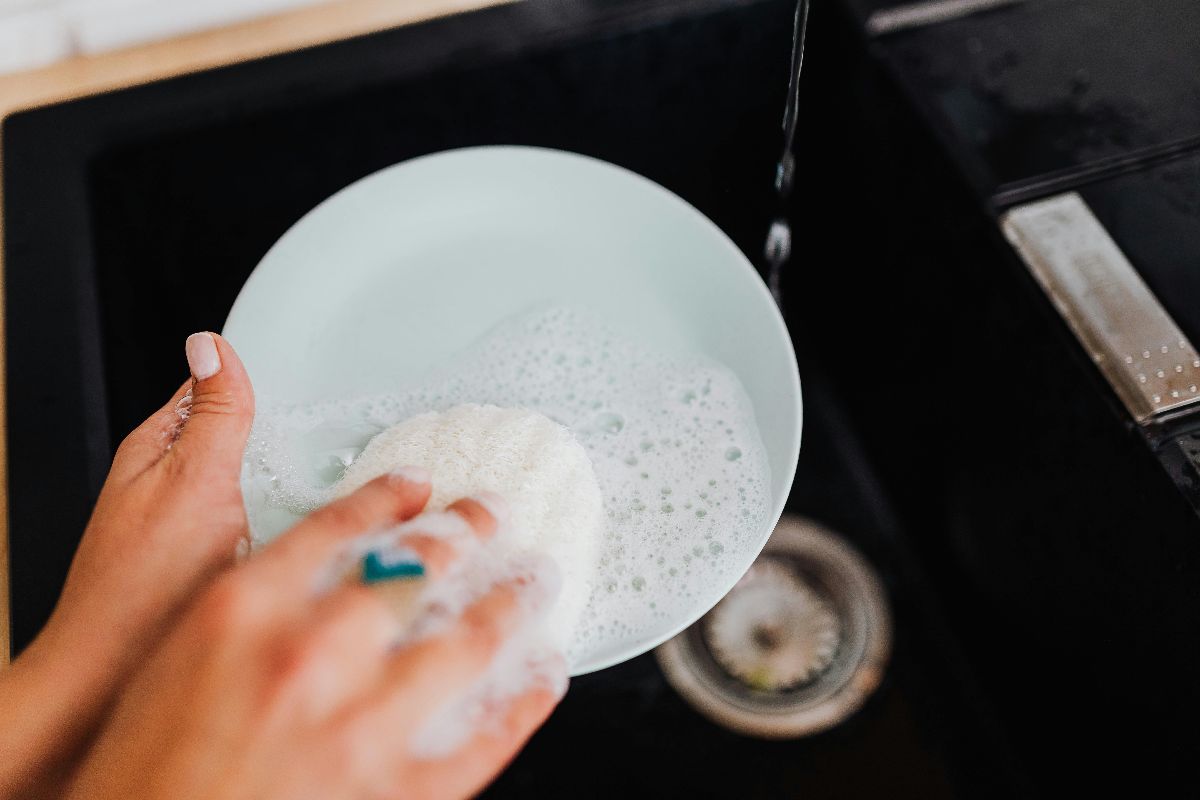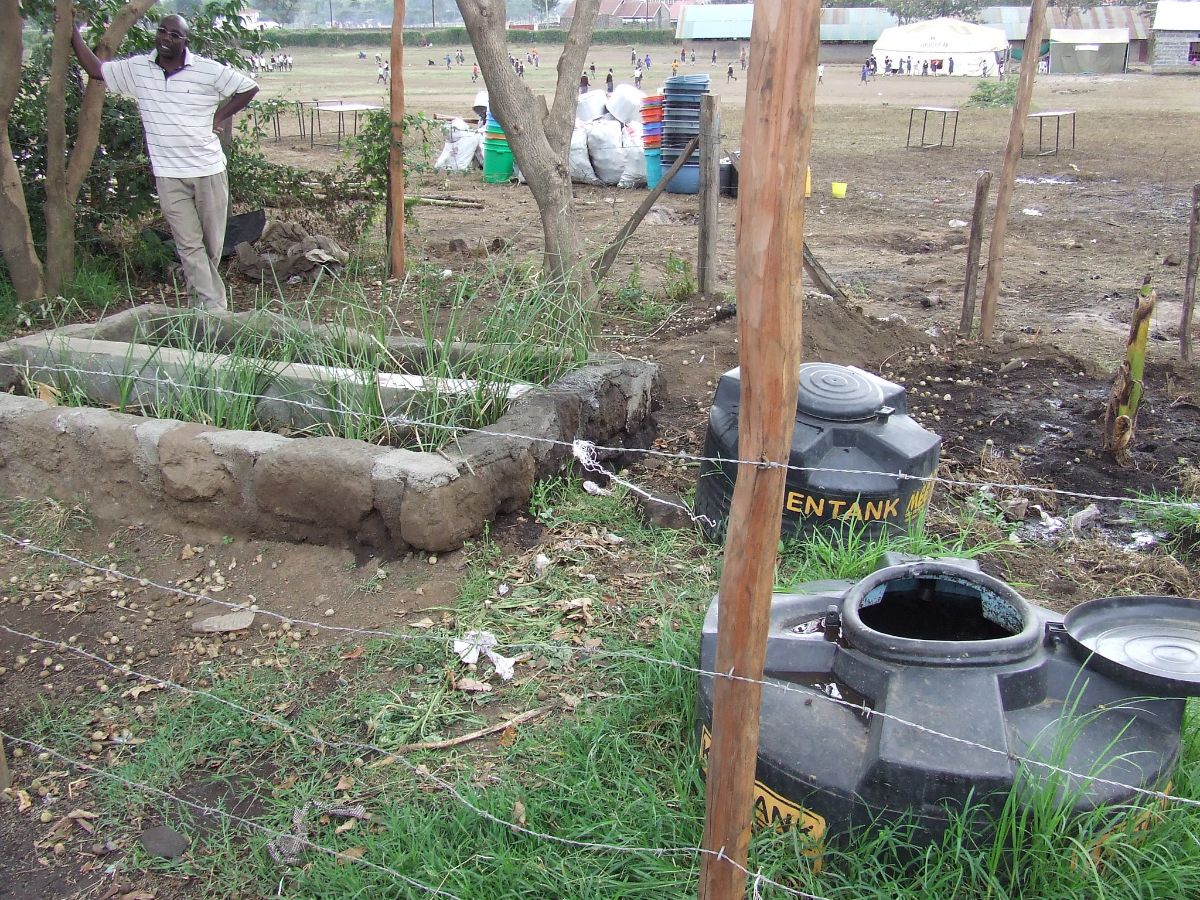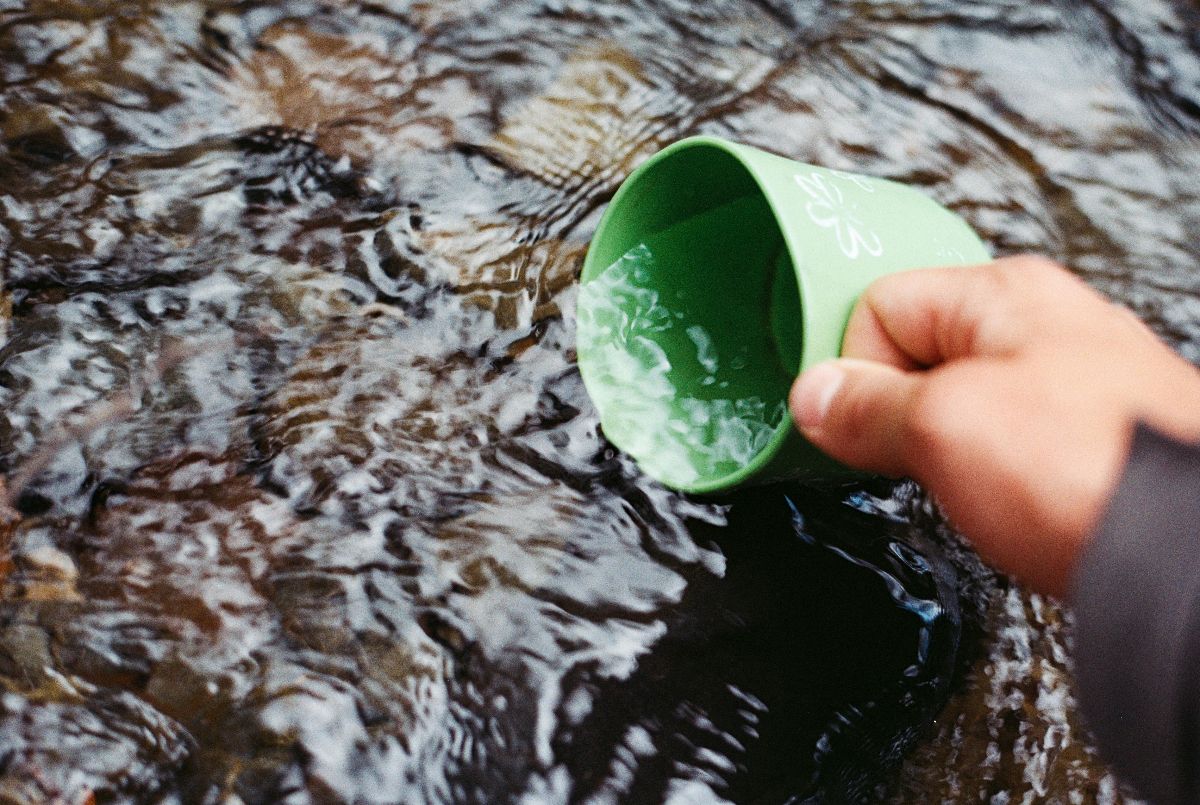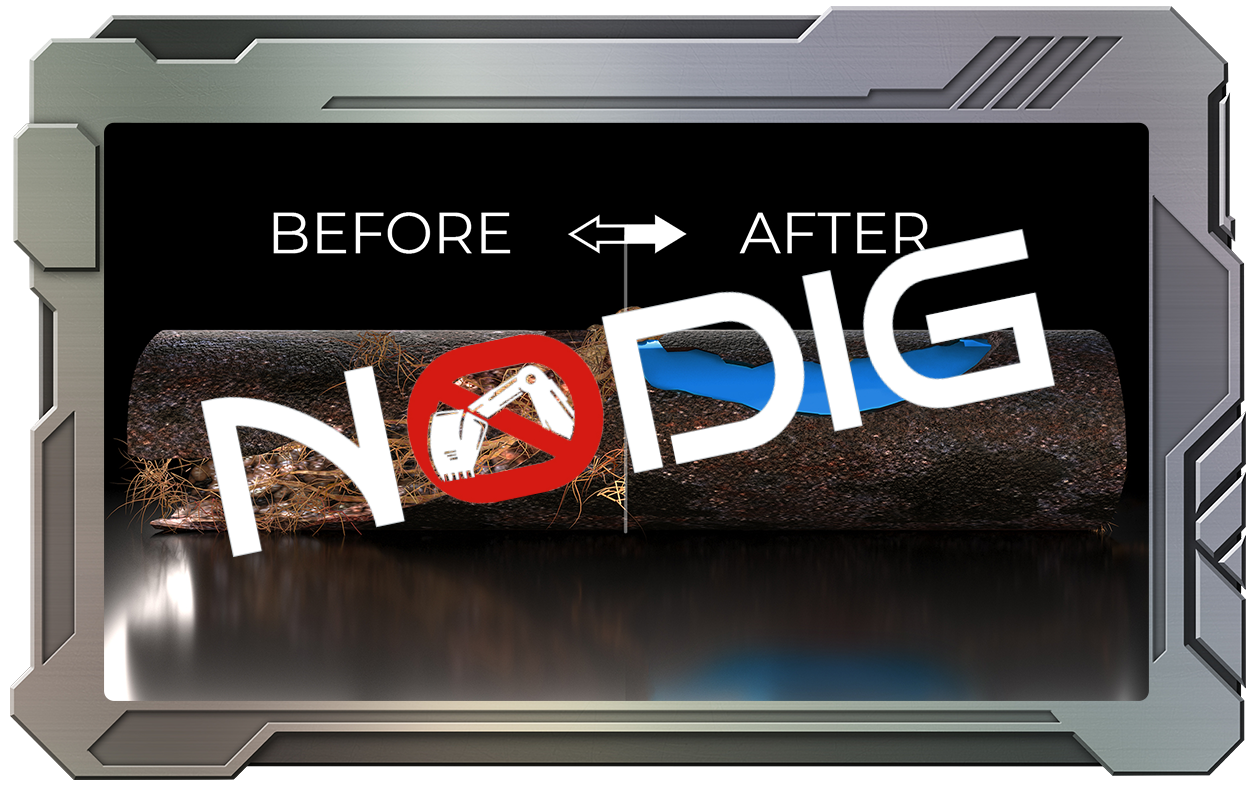
The water you use in your home isn't REALLY dirty. You can still reuse some of it in your house.
Grey water is the water we use for our bathroom sinks, baths, showers, and washing machines.
It makes up 65% of use for an average household. Unlike other types of waste water, grey water has the least organic load, making it safe for reuse.
Here's everything you need to know about how grey water systems reuse our water and its benefits.
How Do Grey Water Recycling Systems Work
It's easy to create grey water systems for a household or business. Each system is different, depending on our lifestyle and needs.
Having a storage tank and drip lines properly planned out within your property facilitates the flow of grey water recycling systems.
From the Washing Machines
Washing machines are the easiest source of grey water. We use most of our water as laundry water.
After your laundry, your washing machine can redirect the water to your toilet bowl or for irrigation.
Laundry to landscape is one of the most common ways of reusing grey water. A single washing machine uses a lot of water, which is also great for irrigating and nourishing your flower bed.
However, it may need filtration or changing of detergents used.
If the water is not treated, your grey water could contain chemicals such as chlorine bleach. These chemicals would easily damage plants and the soil.
Constructed Wetlands
If you have too much grey water for reuse, you can dispose of grey water. You wouldn't have to collect water. Instead, it will be directly disposed of on your plants.
It can keep wetland plants healthy with your grey water through a drip irrigation system. It might need more filtration and pumping, but you can treat it as another garden for your home.
However, this isn't advised for places with arid climates as they usually need more grey water to reuse.
From Shower Water
Your shower water has low concentrations of organic load and can be easily reused for your garden and toilets.
You'll only need to have a filtration and septic system. This will collect, clean, and deposit your water where it needs to go.
It's best to have these systems underground to prevent any pooling.
From the Sink
It's debatable whether the kitchen sink is sewage or grey water. Water from your kitchen sink may have large amounts of food waste.
If your water has a lot of waste mixed in, it might need additional treatment for grey water use.
Water from all house sinks is best for toilet flushing or carrying sewage away from your property.
Pumping Systems
Grey water reuse systems usually rely on gravity to divert water. However, this doesn't always work.
In these cases, it's best to have an electrical pump system that will provide property owners to divert water even if there's a lack of force from gravity.
It may need an extra filtering step to avoid clogging. However, the numerous filtration methods are quite accessible.
You can use a simple filter cloth or substrates to do this.
What Are the Benefits of Grey Water?
Grey water reuse can have plenty of benefits for the environment and the community.
- Less Fresh Water Consumption: You don't normally need fresh or drinking water when watering plants or flushing toilets. By reusing grey water, you won't have to tap into the public supply to do these tasks.
- Less Sewage Load: Grey water isn't considered sewage since it contains less organic matter. Why mix it with the water sent to the local sewage treatment plants when it's clean enough for you to reuse?
- Valuable Fertilizer as Irrigation Water: Grey water still has a certain amount of organic matter, which will decompose in your soil. While this matter is usually seen as water contamination, a proper irrigation system can use its nutrients to help plants grow healthy.
- Lower Water Bill: Since you won't be using fresh water from the public water supply, it will immediately affect your water bill.
How to Reuse Grey Water?
We can reuse grey water in different ways, especially in the house. It's a cost-effective way to keep things moving in the house while saving water.
These are only some of the most common and popular ways people reuse filtered water.
Home Garden

Grey water is commonly used for irrigation purposes. Installing pipes can easily turn your washing machine water into irrigation water.
You can use grey water to irrigate vegetable plants and fruit trees as long as it doesn't touch any of their edible parts. You can use it to water ornamental plants as well.
People like using their washing machines as part of their irrigation system because of how much water they use.
It's advised to have grey water for irrigation properly filtered to prevent damage to plants and the soil.
As long as the grey water doesn't contain high levels of bleach, boron, or salt, it should be safe for irrigation.
Some people switch to more biodegradable options for their detergents to make the water from their laundry safer for irrigation.
In the House
Grey water is commonly reused for toilet flushing. The easiest part about using it in place of water is that it requires little to no treatment.
Anyone can easily bucket flush a toilet right after the shower or laundry. You can also have a whole system redirecting your grey water to your toilet for reuse.
It means you don't have to immediately dump your grey water into the sewage.
Some people also use treated grey water for their lagoons and ponds. The filtered water contains nutrients that may be healthy for some animals.
However, it requires a specific filtration level. This is to ensure that it won't disrupt the small ecosystem.
Tips for Grey Water Reuse
Reusing grey water is growing in popularity over recent years. However, if not reused properly, it could also be dangerous.
Here are a few tips to remember when setting up your systems:
- Don't store it for more than 24 hours. Over time, the organic matter could break down and decay. It will result in bad odors and make the water unfit for use.
- Don't pool it. Having it above ground level can turn these pools into mosquito breeding grounds.
- Minimize direct contact. It's best to have grey water reuse systems underground. It prevents contact with humans and pets. It's important to remember as grey water can still contain pathogens harmful to them.
- Simple systems go a long way. These will get the job done with very little maintenance, cost, and energy. It also lasts a lot longer than complicated systems.
What Are the Different Types of Sewage Water
Sewage water is any liquid waste disposed of via our sewage system. These can be from domestic and residential sources as well as industrial systems.
Sewage water is classified into different types, depending on its contaminants.
Now that you know about grey water, here are the other types of sewage water you could generate at home.
Waste Water
Waste water is any used water from homes, industries, and businesses.
While 99.9% is actual water, the extra 0.01% is the pathogens and solids that could make the water dangerous.
It's usually treated, along with other sewage water, for reuse or to return to natural bodies of water.
Storm Water
Storm water is what our drainage systems collect from any form of precipitation.
It may contain twigs, leaves, or other natural waste from the environment.
However, it may also have a mix of harmful substances and plastics that may have been in the water during evaporation.
You can easily reuse storm water after treatment to ensure that it doesn't harm natural bodies of water.
Black Water
Black water is any used water that contains waste that may cause harmful contamination. These are the waste from our toilets which may contain pathogens.
Water from kitchen sinks and dishwashers may be considered black water if they have high concentrations of solid matter.
This water would need to be treated well before reusing or returning it to bodies of water.
Frequently Asked Questions
You may have more questions about how grey water can benefit you.
We've gathered the commonly asked questions on this topic to help you learn more about it.
Yes, using grey water is legal as long as you're following the plumbing code of your local government. Arid regions and places with water shortages even encourage these systems.
Ensure your grey water line is labeled and separate from the public water lines.
Be sure your grey water won't mix in with these lines, which can pollute local water bodies and harm public health.
Grey water recycling systems are usually affordable if they're DIY.
You would only need drain lines dedicated to grey water, a diverter valve to redirect the water, and someone to help set it up.
You'll have to make sure that it follows the local plumbing code. Your system should have filtration for soaps and detergents to prevent damaging your plants and the underground.
More sophisticated systems can cost up to $10,000. It would need a storage tank, filter, and pump requirement to work fully.
Grey water is considered non-potable water. Most recycling systems only filter out organic matter, which would be dangerous for plants and the environment.
It would be best to minimize contact with grey water and only use it for its intended purpose.
Conclusion

An average person uses a fair amount of water per day. The water you've used at home can also be a beneficial source of water for other jobs.
Having a grey water system in place is just one of the many ways we can save water.
With the limits of our water supply, it's best to practice this among many water conservation strategies to save fresh water.
It's great to be listed on NoDig
-
Join a network of verified sewer repair specialists
-
Get recognized
-
Update your business information
Unlock your listing in minutes.






